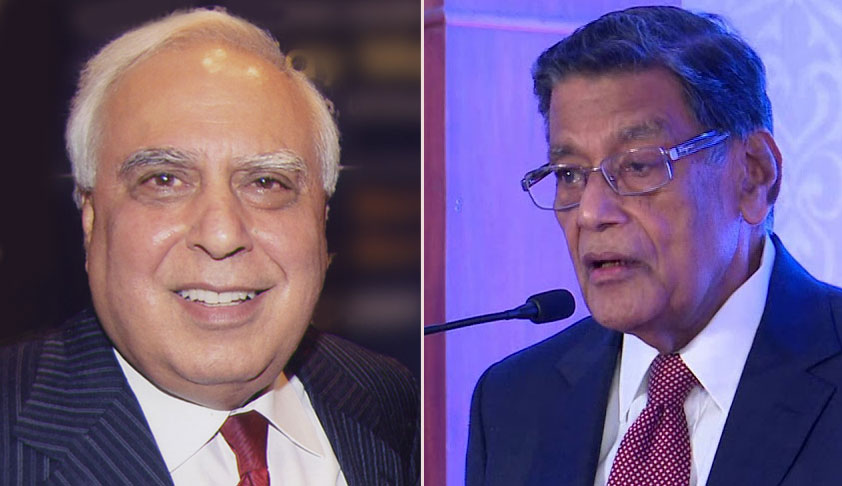SC Issues Notice To Centre On Puducherry MLA Nomination Row; Refuses To Stay Notification
Prabhati Nayak Mishra
19 July 2018 5:24 PM IST

Next Story
19 July 2018 5:24 PM IST
A Supreme Court bench of Justices AK Sikri and Ashok Bhushan has issued notice to the Centre on a plea which challenged the Madras High Court order dismissing the plea against the nomination of three BJP MLAs to the Puducherry Legislative Assembly made by the Centre without consultation with Chief Minister V Narayanasamy.However, it refused to stay the Narendra Modi government’s July 4,...
